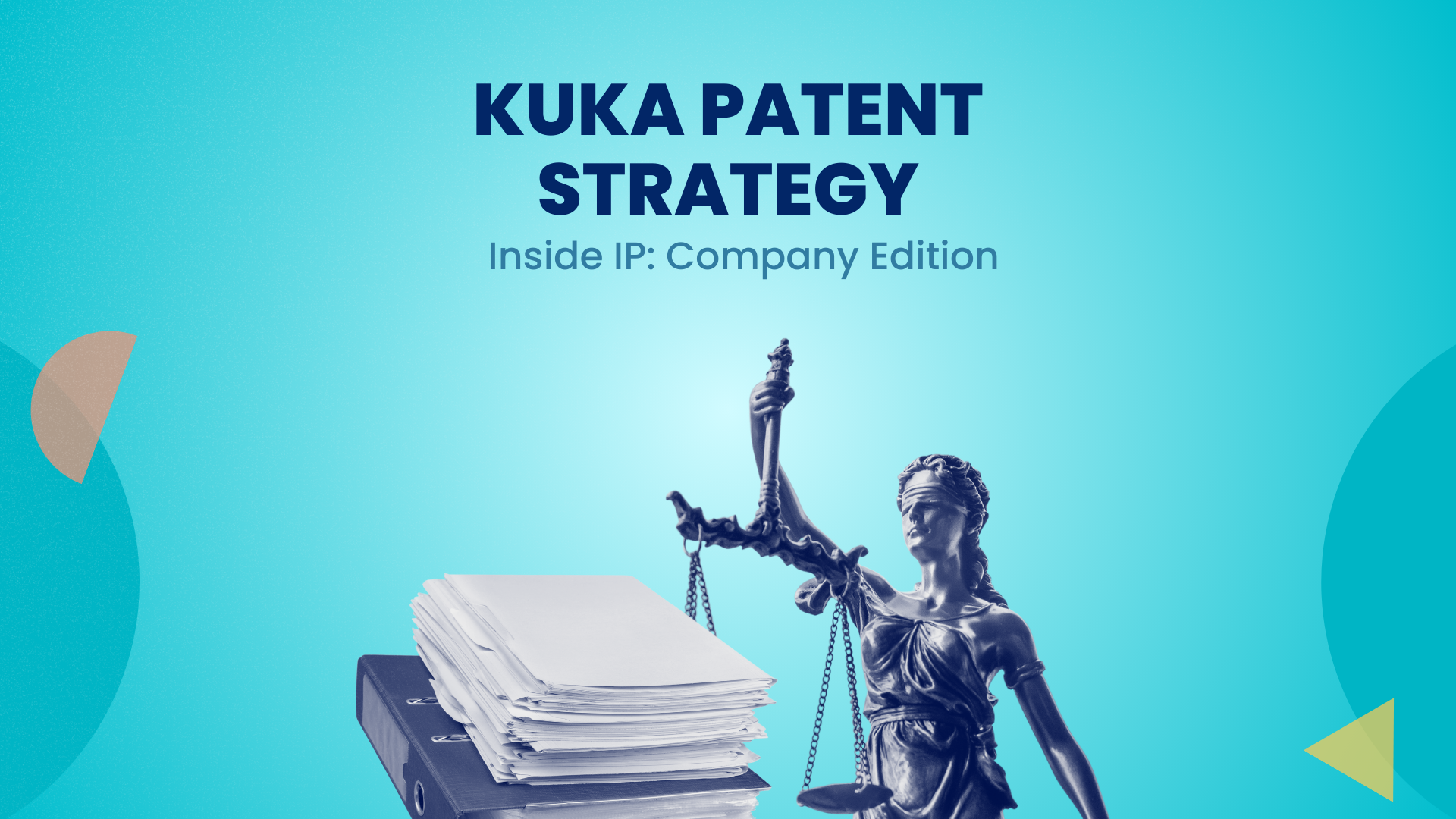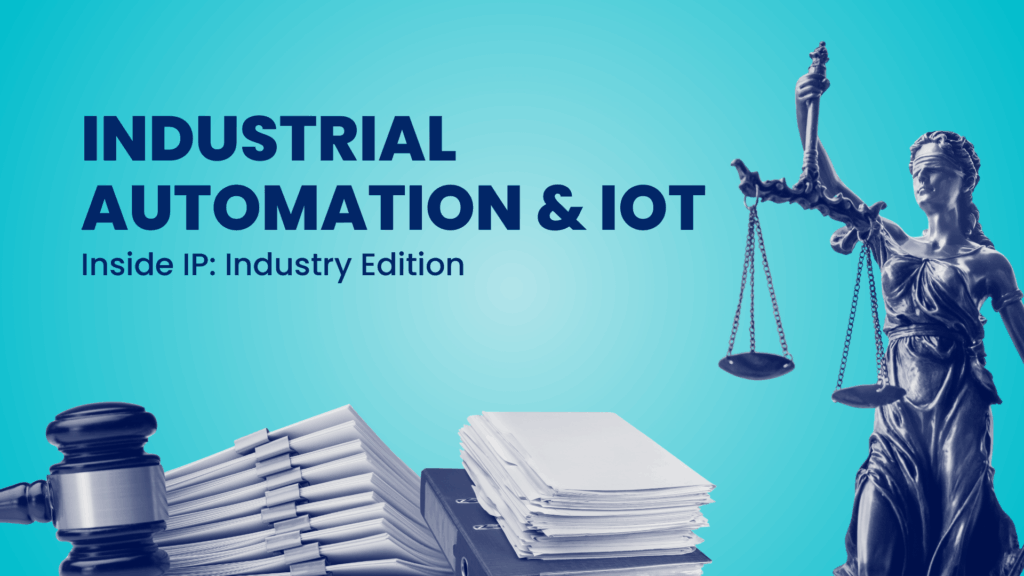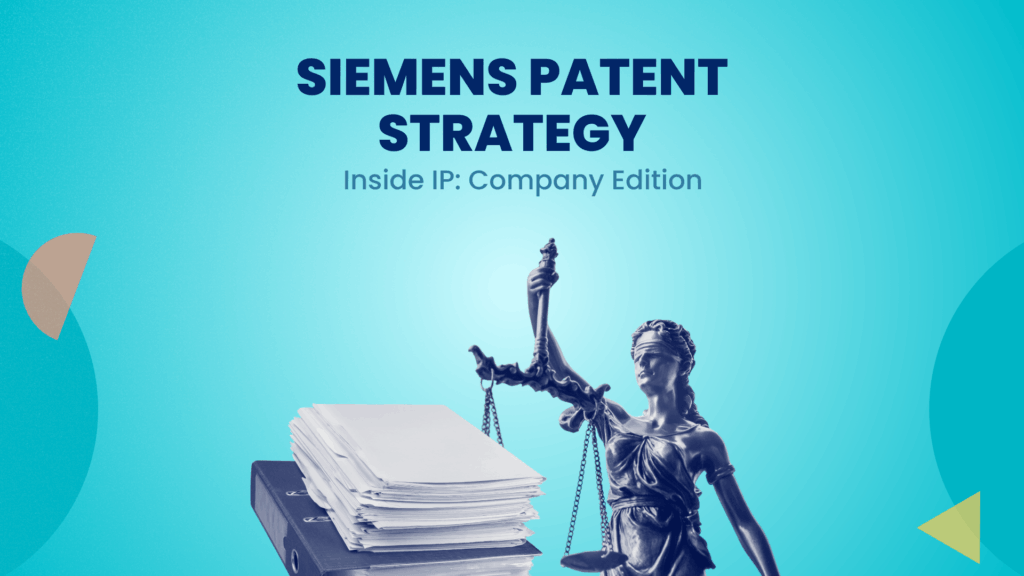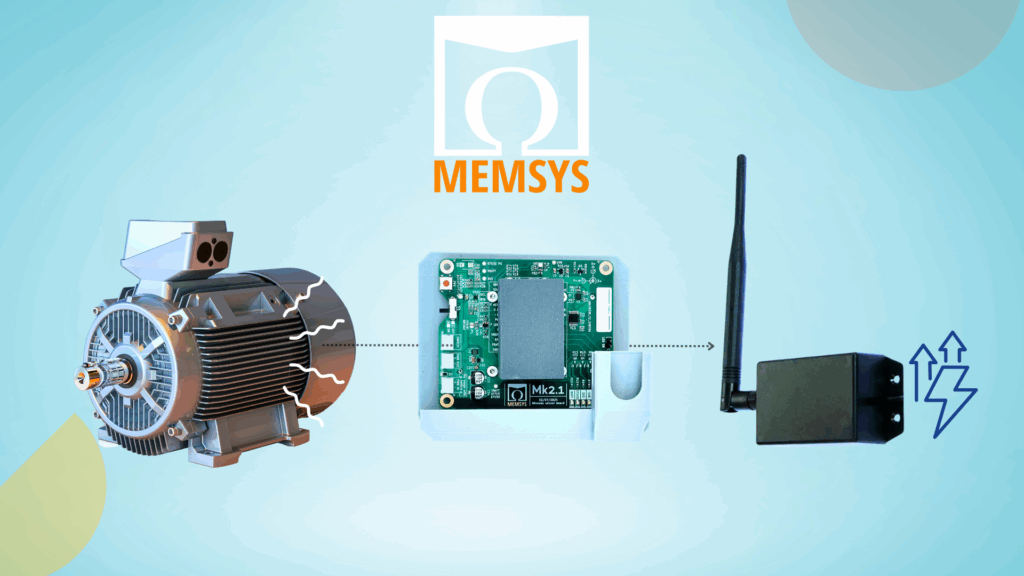In an era where industrial automation and robotics are reshaping global manufacturing, companies that strategically leverage their intellectual property stand at the forefront of innovation. Kuka, a global leader in industrial robotics and automation, presents a compelling case study of how a rich patent portfolio, dynamic management strategies, and a keen eye on industry trends can solidify market position. With a history stretching back to its foundational shift into robotics in the 1970s, Kuka’s journey, particularly following its 2016 acquisition by Midea Group, showcases a remarkable evolution in its IP strategy, designed to foster innovation and reinforce its competitive edge.
Strategic IP Management in the Industrial Robotics and Automation Sector
Kuka’s robust intellectual property portfolio, encompassing over 6,600 patents across more than 30 jurisdictions, underscores its unwavering commitment to pioneering robotics and industrial automation. This extensive portfolio not only reflects Kuka’s innovative contributions to manufacturing and smart production solutions but also highlights its strategic global presence. Its IP management journey provides valuable insights into adapting to market shifts and optimizing patent assets.
Low Litigation Exposure and Strategic IP Defense
Unlike many technology leaders, Kuka has maintained a remarkably low litigation profile over the past decade. Analysis of the last ten years reveals that Kuka has faced minimal litigation, with no involvement from Non-Practicing Entities (NPEs) or direct operating company competitors. The only recorded case during the 2019–2024 period originated from a university. This suggests a strong defensive posture and potentially a collaborative approach within its competitive ecosystem, allowing Kuka to focus its resources more intensely on innovation rather than engaging in extensive legal battles.
Kuka’s Litigation Landscape (2014-2024)
| Period | Total Cases | From NPEs | From Operating Companies | From Universities |
|---|---|---|---|---|
| 2019–2024 | 1 | 0 | 0 | 1 |
| 2014–2019 | 0 | 0 | 0 | 0 |
Note: The sole university-initiated case was filed in the Illinois Northern District Court.
Evolving Patent Filing Strategies Post-Acquisition
In the wake of its acquisition by Midea Group, Kuka’s patent filing strategy has undergone a significant realignment. While a “ramping up” of filings often signifies a direct response to litigation challenges, Kuka’s approach reflects a strategic pivot towards targeted innovation and resource optimization. Post-2017, Kuka observed a more focused approach to patenting, aligning innovation efforts with Midea’s global business priorities, particularly in collaborative robots and advanced automation technologies.
Shift in Kuka’s Patent Filings (2013-2022)
| Jurisdiction | 2013–2017 Filings | 2018–2022 Filings | % Change | Strategic Implication |
|---|---|---|---|---|
| EPO | around 556 | around 178 | ↓ 68% | Strategic shift towards targeted European protection |
| Germany | around 774 | around 345 | ↓ 56% | Reallocation of R&D footprint in its home market |
| US | around 358 | around 140 | ↓ 61% | Resource-optimized approach, aligning with Midea’s strategy |
| Austria | around 188 | around 20 | ↓ 89% | Significant narrowing of R&D focus |
This strategic redirection signifies a streamlined approach, prioritizing core technological advancements and market opportunities, particularly in Asia, reflecting Midea Group’s focus on its home market. While specific data for Japan or India was not provided, Kuka’s overall shift is likely to have reallocated resources toward developing collaborative robotics and automation solutions that align with Midea Group’s market strategies.
Top Patents Shaping the Robotics Landscape
Kuka’s patent portfolio includes several highly impactful patents that demonstrate significant licensing potential and influence within the robotics space. These patents have been successfully leveraged to challenge numerous applications filed by competitors, underscoring their strength and value.
Kuka’s High-Potential Patents (Used for Rejections)
| Patent Number | Number of Rejections Initiated | Key Competitors Affected (Examples) |
|---|---|---|
| US9579793B2 | around 9 | Fujifilm Business Innovation Corp., Intuitive Surgical Operations, Inc. |
| US10265869B2 | around 7 | Various companies in related fields |
| US8219245B2 | around 7 | Various companies in related fields |
| US9339934B2 | around 7 | Various companies in related fields |
Notably, US9579793B2 stands out, having been used to provide rejections for a substantial number of patent applications, including those from key players like Rockwell Automation Safety Systems. This highlights Kuka’s foundational contributions and the breadth of its patent protection.
Influencing the Competitive Landscape
Kuka’s strong patent position actively shapes the competitive landscape in industrial automation. Several leading companies, while innovating in similar technological domains, have encountered rejections citing Kuka’s existing patents. This not only validates Kuka’s pioneering role but also signals potential collaboration or licensing opportunities for these companies to advance their own developments.
Companies Impacted by Kuka’s Patent Assertions (via 102/103 Rejections)
| Company Name | Rejections Initiated by Kuka Patents | Strategic Implication |
|---|---|---|
| Fanuc Corporation | over 20 | Significant overlap, potential licensing candidate |
| Abb Schweiz Ag | over 10 | Strong technological alignment |
| Seiko Epson Corporation | over 5 | Active in similar automation areas |
| Kabushiki Kaisha Yaskawa Denki | over 5 | Key competitor in robotics |
| Cilag Gmbh International | over 5 | Potential for collaborative development or licensing |
Furthermore, Kuka’s patents have been instrumental in the abandonment of patent applications by several prominent companies, showcasing the significant strength and defensive power of Kuka’s portfolio.
Patent Applications Abandoned Due to Kuka’s Patents
At least 2-3 applications each from General Electric Company, Fanuc Corporation, Abb Schweiz AG, Robert Bosch GmbH, and Siemens Aktiengesellschaft were abandoned, citing Kuka’s patents.
This data provides clear evidence of Kuka’s influence on innovation pathways within the industry, demonstrating its ability to shape the direction of technological development and protect its intellectual territory.
Forward Citation Data: Kuka’s Enduring Influence
KUKA Lab GmbH’s patent portfolio exhibits a profound impact on subsequent innovations, particularly in robotic surgery and industrial robot technologies. High forward citation counts underscore the foundational nature of Kuka’s work, providing a blueprint for advancements across the sector.
Most Highly Cited Kuka Patents (Last 10 Years)
| Patent Number | Citations | Technical Focus (Examples) |
|---|---|---|
| US9775678B2 | over 640 | Robotic surgery systems, surgical instrument arrangements |
| US9730757B2 | over 440 | Robotic-assisted medical treatment, manipulator arm adjustments |
| US20150133960A1 | over 100 | Industrial robot manipulation, security |
| US20150081098A1 | over 100 | Networking, AI (related to robotics) |
| US20170319289A1 | over 70 | Industrial robot systems, control algorithms |
By analyzing these citation trends, Kuka can identify potential collaboration or licensing opportunities with companies whose patents build upon its innovations, signaling overlapping technological interests and further solidifying its position as a key enabler in the robotics and automation ecosystem.
Optimizing IP Management and Strategic Portfolio Adjustments
Kuka has consistently refined its intellectual property management to ensure optimal efficiency and strategic alignment. A notable aspect of this ongoing refinement involves managing internal patent blockages – instances where newly filed patent applications receive rejections citing Kuka’s own older patents. In the last five years, examiners have provided a dozen such rejections, prompting Kuka to amend claims to advance prosecution. This proactive engagement in refining its patent filing strategy helps Kuka streamline its prosecution processes and reduce potential delays, optimizing its IP budget.
Furthermore, Kuka strategically utilizes the Track One (Accelerated Examination) program for critical U.S. patent applications. In the last three years, Kuka filed for Track One requests for around three patents, securing critical IP positions rapidly. This indicates Kuka’s strategic urgency in bringing new and innovative solutions to market, particularly in areas such as industrial robots, transfer robots, and even specialized hippotherapy devices. These fast-tracked innovations signal Kuka’s high-priority technological advancements, encouraging competitors to closely monitor these areas.
Strategic Portfolio Optimization Through Acquisition and Divestment
Kuka’s acquisition by Midea Group in 2016 marked a significant inflection point in its IP strategy. Post-acquisition, Kuka has undertaken a strategic streamlining of its patent holdings. Between 2018 and 2024, over 330 patents were abandoned due to unpaid maintenance fees. These patents cover key technologies in industrial automation, including manipulators, robotic hands, and control systems. This reduction suggests a deliberate strategic shift, allowing Kuka to divest from certain assets while focusing on core and emerging technologies that align with its renewed strategic direction under Midea’s ownership. This active management of its patent portfolio ensures that Kuka’s IP assets remain agile and aligned with its current R&D focus on areas like mobility, human-robot collaboration, and smart platforms.
Geographic Patent Filing Trends
Kuka’s global footprint is clearly reflected in its patent filing strategy across key jurisdictions. With a robust presence in Europe and a significant reach into major global markets, Kuka consistently protects its innovations where they matter most.
Kuka’s Global Patent Filing Landscape
| Jurisdiction | Patent Count | Strategic Significance |
|---|---|---|
| Germany | over 1,900 | Home market strength, foundational R&D |
| EP | over 1,600 | Dominance and market protection across Europe |
| China | over 980 | Focus on one of the largest manufacturing markets |
| United States | over 780 | Expansion in North America’s advanced automation sector |
| WO-WIPO | over 740 | Global innovation protection and international reach |
| South Korea | over 180 | Presence in key Asian manufacturing hub |
| Spain | over 110 | Comprehensive European protection |
| Austria | over 80 | Strategic regional emphasis |
| Denmark | over 40 | Focused presence in specific European markets |
| Japan | over 20 | Targeted engagement in a leading tech economy |
This diverse market presence, from established economies to emerging regions like Brazil and Mexico, underscores Kuka’s commitment to protecting its innovations globally and leading the automation revolution.
Key Innovation Areas and Leading Inventors
Kuka’s patent efforts are strategically concentrated in several core technology areas, reflecting its commitment to advancing robotics and automation. These include the development of advanced robotic arms for precision tasks, enhancements in robotic control systems for improved accuracy, innovations in robotic grippers, integration of intelligent sensor systems, and advancements in collaborative robotics. This strategic focus ensures Kuka remains at the cutting edge of industrial transformation.
Behind Kuka’s impressive portfolio are dedicated innovators. Over the period from 2003-2023, Kuka accumulated more than 1,700 active patents, with significant contributions from inventors such as Martin Riedel, Wolfgang Schober, Uwe Bonin, Gerhard Hietmann, and Dietmar Tscharnuter. Their sustained contributions highlight the depth of Kuka’s internal R&D capabilities and its continuous drive for technological breakthroughs.
Conclusion
Kuka’s journey in the industrial robotics and automation sector is a testament to strategic IP management. With a comprehensive and actively managed patent portfolio, Kuka not only protects its innovations but also significantly influences the competitive landscape. Its ability to adapt its filing strategies in response to market dynamics and corporate acquisitions, coupled with a low litigation profile, positions Kuka to continue driving the future of automation and smart production worldwide.
Want regular updates on how your competitors are using patents to gain an edge?
Subscribe to our Inside IP newsletter for insights into patent filings, litigation shifts, licensing opportunities, and strategy breakdowns across tech and innovation-driven sectors.
Track your Competitor’s Strategy
Subscribe for Updates







